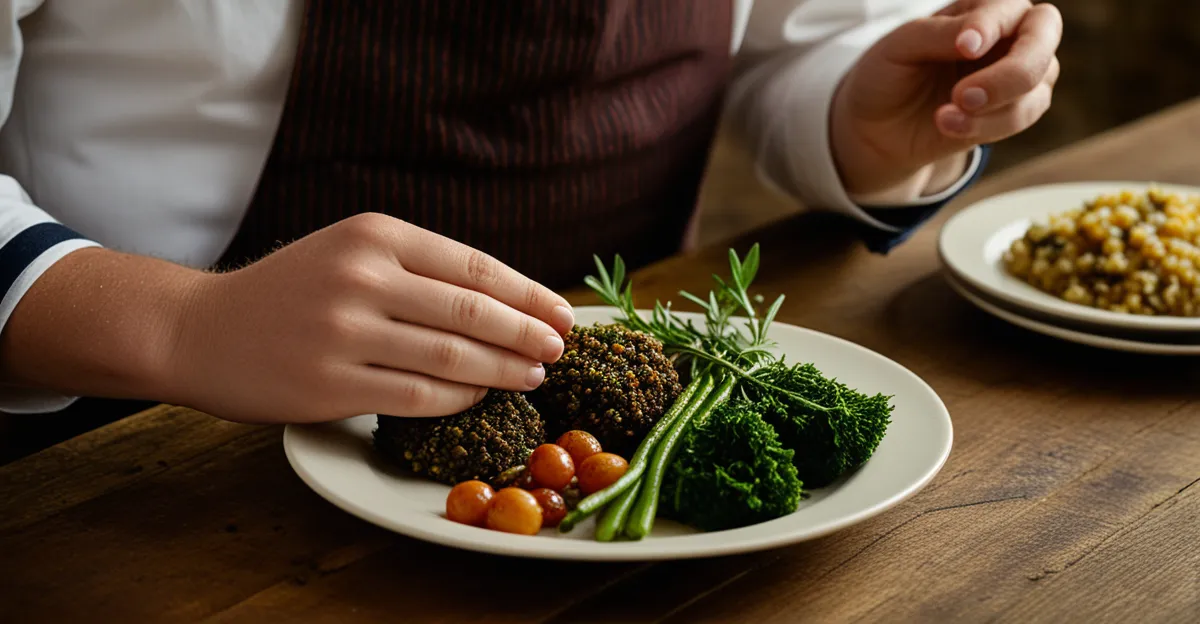Key approaches for adapting British classics to plant-based diets
Adapting British plant-based cooking requires thoughtful plant-based adaptation techniques to replace animal products in beloved classics without sacrificing authenticity. The primary challenge lies in maintaining the familiar flavour and texture that define these dishes.
To replace meat and dairy, common strategies include using legumes, tofu, jackfruit, and mushrooms for texture, alongside plant-based fats like coconut oil or vegan butter to replicate richness. For example, mashed potatoes infused with dairy-free cream and butter substitutes preserve the comforting mouthfeel integral to many British staples.
Have you seen this : What Are the Secrets Behind a Traditional UK Sunday Roast?
Plant-based swaps must also deliver on flavour. Nutritional yeast, smoked paprika, and herbs can mimic traditional savoury notes, ensuring dishes do not lose their classic appeal. The visual aspect is equally important: golden vegan Yorkshire puddings rely on aquafaba and chickpea flour for rise and crispness, aligning closely with conventional appearances.
Overall, successful vegan British recipes balance innovation with respect for tradition. By combining plant-based adaptation techniques with quality ingredients and cooking know-how, it’s possible to recreate classic dishes that satisfy both the palate and cultural expectations. This approach not only supports flavour but helps preserve the heritage of British cuisine in a plant-based context.
In parallel : How can you create a mouthwatering toad in the hole?
Popular traditional British dishes and their plant-based adaptations
Adapting classic British dishes veganized requires creativity without compromising the essence of these beloved meals. Take shepherd’s pie: traditional versions rely on ground lamb and dairy butter. In vegan versions of British food, lentils or finely chopped mushrooms replace meat, offering a similar texture and umami richness. Cashew cream or plant-based margarine enhances mashed potato topping, maintaining the dish’s creamy finish.
Fish and chips can be skillfully veganized by using battered and fried banana blossom or battered tofu to emulate flaky fish texture. This method retains the satisfying crispness essential to the dish, while vegan British recipes ensure the tartar sauce is dairy-free, often made from vegan mayo.
The full English breakfast is a challenge met by substituting ingredients like vegan sausages, smoky roasted tomatoes, baked beans, mushrooms, and potatoes. Plant-based adaptation techniques here focus on balancing flavours and textures to mirror the hearty, comforting appeal of the original.
Other favourites, such as steak and kidney pudding or sticky toffee pudding, benefit from plant-based swaps like seitan for meat and coconut cream in desserts. These vegan British recipes honor traditional flavours while embracing modern dietary preferences.

